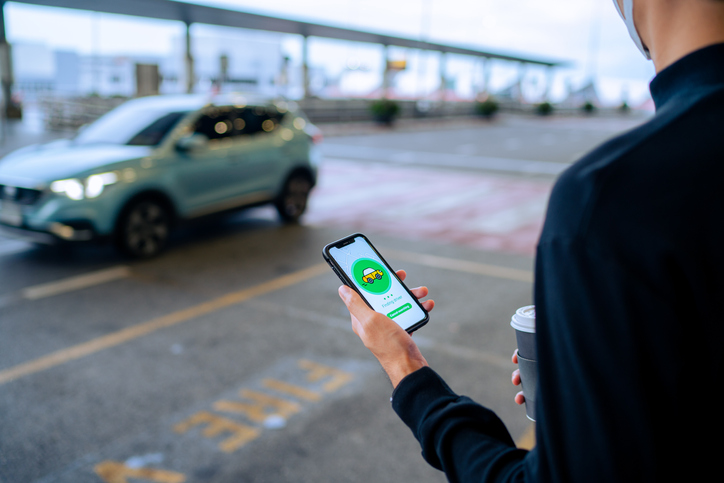Rideshare platforms, including Uber and Lyft, have revolutionized how Californians get around. While ridesharing may be convenient, no company or driver can guarantee the safety of its passengers. You and your loved ones are at risk of being involved in a car accident while using a rideshare service, just as you are when driving your own vehicle.
Unfortunately, determining who is responsible for paying compensation is not always clear when a crash occurs. California is an at-fault insurance state, not a no-fault state. As an at-fault state, the insurance carrier of the driver who caused the collision is primarily responsible for compensating those injured in the crash.
Possible Parties Responsible for a Rideshare Crash
As with any other car collision, more than one party might be responsible for causing a rideshare accident. The driver of the rideshare vehicle may have caused the crash. In this case, liability will depend on whether the driver was transporting a customer at the time of the wreck.
The other vehicle’s driver may also be responsible for causing the accident. As long as this other driver is not driving a rideshare vehicle, then the driver’s insurance company will be responsible for paying compensation.
If this other driver is also driving a rideshare vehicle, then one of two insurance companies may be responsible for compensating the victims of the accident.
Liability Insurance for Rideshare Drivers
Suppose the driver of a rideshare vehicle caused a car crash. In that case, which insurance company is responsible for paying the claims of injured parties will depend on whether the driver had an active fare at the time of the crash.
If the driver were simply waiting for a customer to request their services, then that driver’s personal auto insurance policy would be responsible for paying claims.
Instead, suppose that the driver had accepted a fare or was actively transporting a fare. The driver had an active fare in this scenario, so a different insurance company is responsible.
Both Lyft and Uber have separate insurance policies that cover their drivers when they have accepted a trip through the app and are in the process of fulfilling the trip.
The insurance benefits that Lyft’s and Uber’s policies afford are often greater than a driver’s personal automobile insurance policy. Therefore, when applicable, filing a claim with Lyft’s or Uber’s insurer could result in greater financial recovery.
How do you know if a rideshare driver caused your crash?
In general, you would prove liability in a car accident case through your recollection of events, witness statements, police reports, and professional reconstructions of the crash. These remain vital tools in proving liability when a rideshare vehicle is involved.
If the rideshare driver was transporting a passenger, that passenger might provide crucial details about what the driver was doing in the moments just before the crash.
Additionally, you will want to obtain records from the company for which the rideshare driver works. In the absence of a rideshare passenger on the scene, these records can reveal whether the driver was on duty and on their way to pick up a fare at the time of the crash.
Get Help for Complex Rideshare Accident Cases
Whenever there are multiple potential parties liable for your injuries, your ridesharing accident claim can become complicated. Let our team at the Saeedian Law Group help you make sense of your rights and pursue your claim.
Our personal injury attorneys can quickly unravel the events of your accident and determine who is primarily responsible for paying you damages. Contact us for personal injury representation in Los Angeles, CA.
